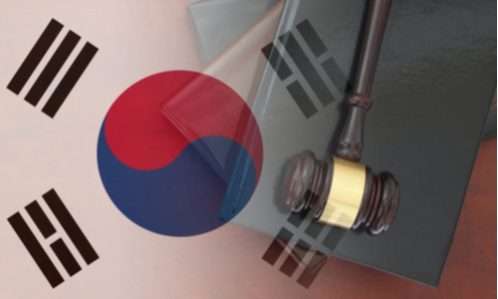South Korea will fix loopholes in antitrust rules to prevent the owner family of big conglomerates from fattening wealth through spin-offs in family business, reported Pulse News.
According to the Korean Fair Trade Commission (KFTC)’s administrative order on the revised Fair Trade Act taking effect on July 14, scrutiny on inside trade will be toughened on conglomerate family units that spun off.
Under the current law, business units run by the chaebol owner’s family and relatives, including spouses, blood relatives within second cousins, and in-laws within cousins, can be separated from the chaebol group on condition that they meet a set of requirements. But they must report their transaction records for three years after the separation to the KFTC.
But some business groups have taken advantage of the rule to lower their family ownership to below the threshold of 30% to avoid tougher intra-group trade regulations. In Korea, business group affiliates whose owner families hold more than 30% stake in listed companies and 20% in non-listed firms are subject to strong inter-affiliate trading scrutiny.
The KFTC’s chief business group policy team Sung Kyung-je gave some examples at a seminar with reporters on Monday.
Family ownership in LG Corp., the holding entity of LG Group, has been cut from 31.96%t to 29.10% after excluding 2.86% holding in Koo Yun-kyung, sister of LG Group Chairman Koo Kwang-mo. Yun-kyung was separated from the family ownership after her husband founded an independent asset management company East Arrow Partners in June 2019. But the company closed down just six months later and reported zero sales during the period.
Want more news? Subscribe to CPI’s free daily newsletter for more headlines and updates on antitrust developments around the world.

